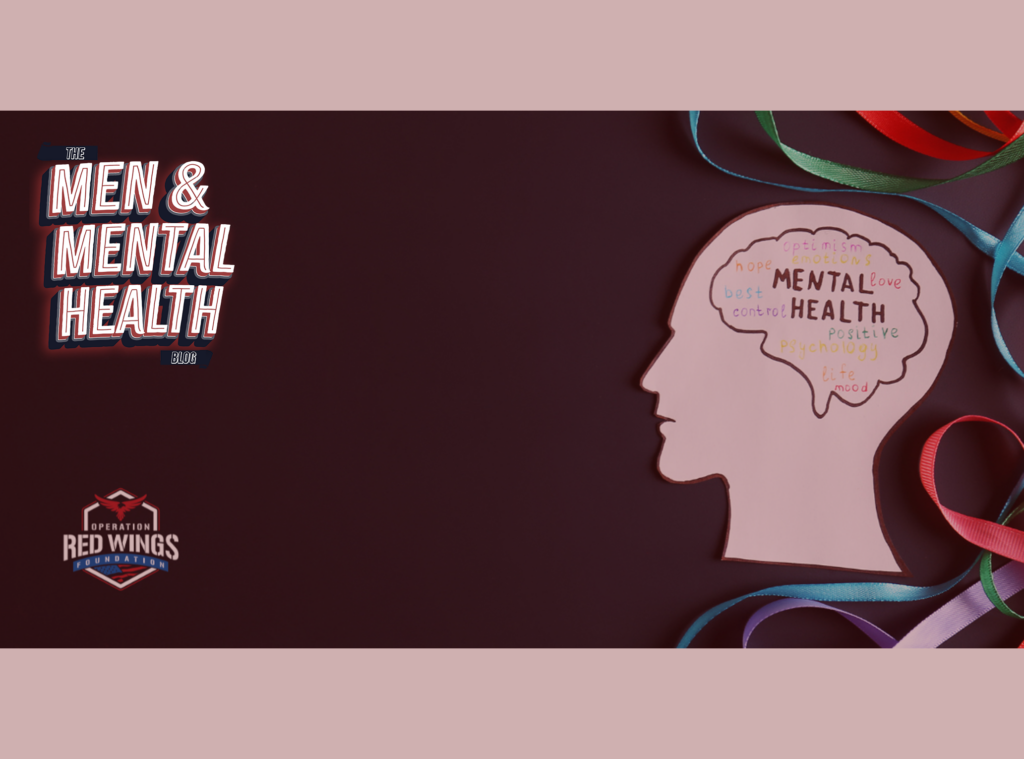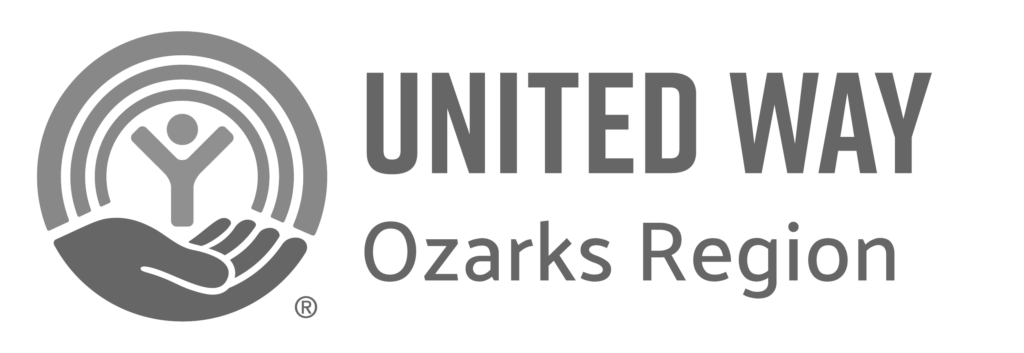The Men and Mental Health Blog features some curated content from online resources. This post originally appeared on the Operation Red Wings Foundation website and was not written by Good Dads staff.
More than 50% of Americans will be diagnosed with a mental illness or disorder.
Yet, more than half of this demographic won’t receive the care they need. Without mental health treatment, Veterans’ symptoms of mental illness can worsen. As a result, their quality of life could suffer.
That is why reducing mental health stigma is critical. But how exactly can people raise awareness of mental health stigma?
Keep reading to learn more. Below, we’ll explain why removing mental health stigma is essential. Then, we’ll explain a few different ways to do it.
The Importance of Removing Mental Health Stigma
Mental health problems can happen due to genetics, environmental factors, or both. Despite not being addressed enough, mental illness is very prevalent.
Stigma prevents people from addressing their mental illness. This prevention limits people’s access to conversations about mental health. Without this access, they could feel ashamed about their condition.
If they’re ashamed, they may not realize they need help. Stigmacan also prevent someone that knows they need help from seeking treatment.
Types of Mental Health Stigma
There are several different types of stigma of mental health. These stigmas can be categorized into four main types.
Self-Stigma
Self-stigma refers to someone internalizing negative attitudes about their mental illness. Internalizing these notions can cause people to blame themselves for their mental health issues. They could avoid seeking help or be unaware they need help in the first place.
Public Stigma
The public perpetuates public stigma. Through public stigma, people facilitate negative stereotypes and prejudices about mental illness. This stigma can lead to systematic discrimination against people with mental health struggles.
Perceived Stigma
Perceived stigma refers to someone’s awareness or belief of others’ judgment of mental illness. This notion could prevent people from seeking treatment due to a fear of others’ judgment.
Institutional Stigma
Institutional stigma can occur in workplaces, governmental organizations, and other large-network entities. This stigma may encourage discriminatory practices that limit opportunities for those with mental illness.
Ways to Raise Awareness About Mental Health Stigma
Fortunately, there are many ways to raise awareness about mental health. These methods can help you support the longer-term mental health of you and your loved ones.
1. Have Open Discussions
The main way to remove mental health stigma is to have frank, open discussions about it. Even if you don’t know much about mental health, it helps to at least listen in on these conversations.
These can happen at official events and panels. They can alsooccur on social media, whether that’s through forums or online support groups.
Such discussions can also happen with your loved ones. These conversations will let them know you’re there to listen to their struggles without judgment.
2. Be Kind
Talking about mental health stigma requires a productive and empathetic attitude. You’re not always going to understand everyone’s mental health symptoms. But understanding can only happen when people are open and willing to do it.
It’s also important to be kind to yourself as you are to others. Your mental health is important too. It’s also challenging to listen to someone else’s struggles when you’re preoccupied with your own.
3. Seek Help When Needed
Set an example for others and seek mental health services. Of course, this doesn’t mean your privacy is totally off-limits.
But if even a few close friends know that you see a therapist every week, they could be encouraged to do the same. If they have already been thinking about mental health services but don’t want to feel isolated, seeking help yourself could offer them the right push.
4. Keep Learning
Even mental health professionals don’t stop learning about their chosen field of study. There’s much to learn if you’re passionate about mental health awareness, with your potential education dealing with topics ranging from mental health activism to the nature of the mental illnesses themselves.
Everyone experiences mental health issues differently, and people may also experience the same illness/disorder differently due to gender, race, and other factors. Knowing this can guide your mental health awareness efforts and improve your empathy.
5. Volunteer
If you have the time, volunteer for community-based mental health awareness events. You can be on-site at physical events. Or you can offer your professional skillset for online panels and conferences.
Doing so will help you and other attendees learn more about mental health. Mental health screenings are especially helpful for encouraging people to seek mental health services. Not only that, but your efforts could encourage your peers to volunteer too.
6. Review Your Language
Stigmatizing language and communication are very normalized in people’s everyday language. But comments like “you should get over it” in response to someone talking about their mental health problems can discourage them from sharing their struggles again. Flippant remarks like “I’m so OCD” from someone that knows they’re not obsessive-compulsive are often stereotypically applied and can distort people’s perception of the disorder.
By educating yourself, you might realize you’ve been communicating or using language in a way that stigmatizes mental health. Afterward, you can correct your language and avoid inadvertently facilitating this stigma.
Let’s Reduce Mental Health Stigma
Conversations about mental health have positively evolved. But mental health stigma is still a significant obstacle to Veterans’ mental health. However, by raising awareness about mental health stigma, we can increase mental health awareness.
At Operation Red Wings Foundation, we understand how important this work is. That is why we strive to provide Veterans with the resources and community necessary for healing.






